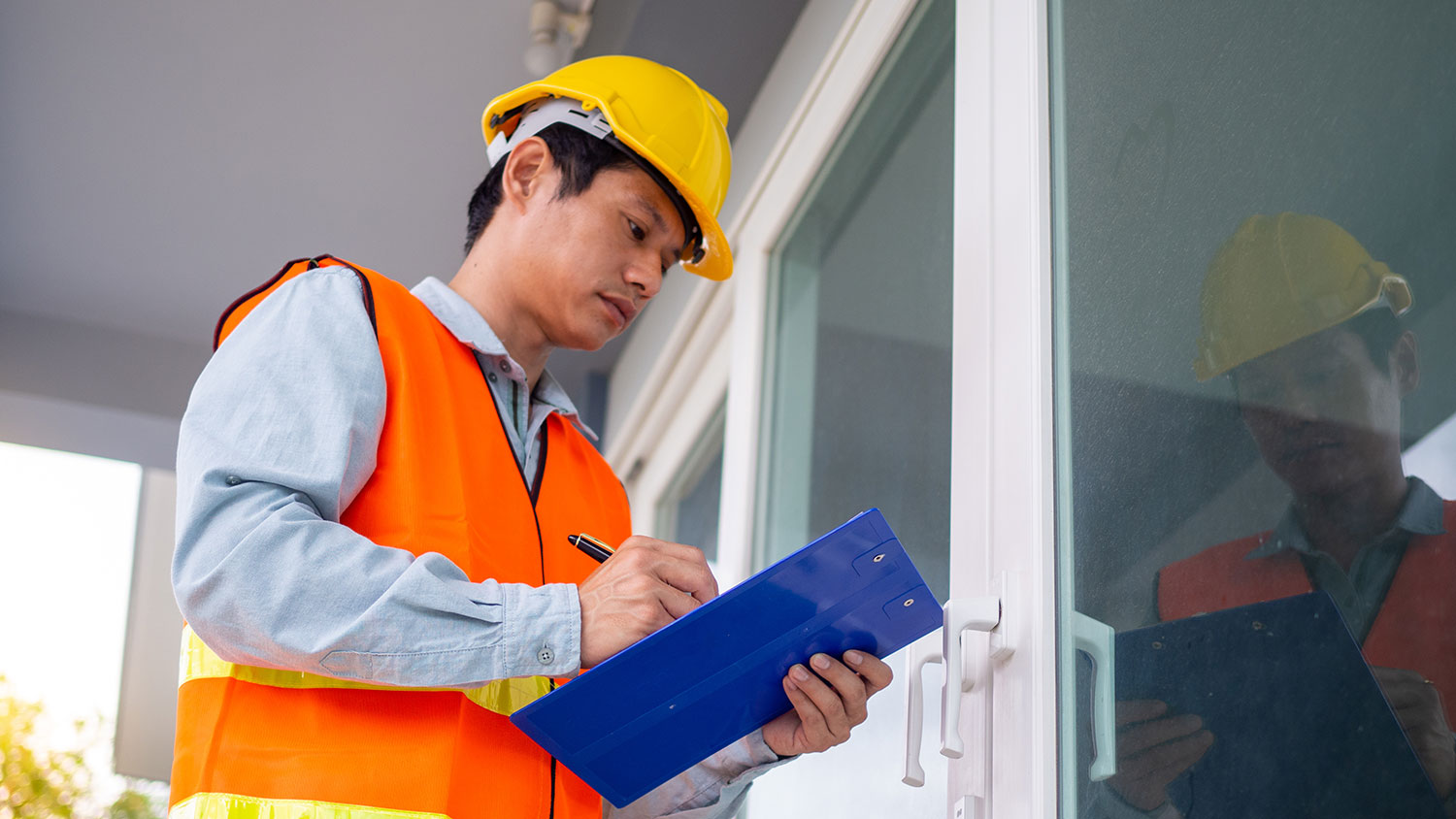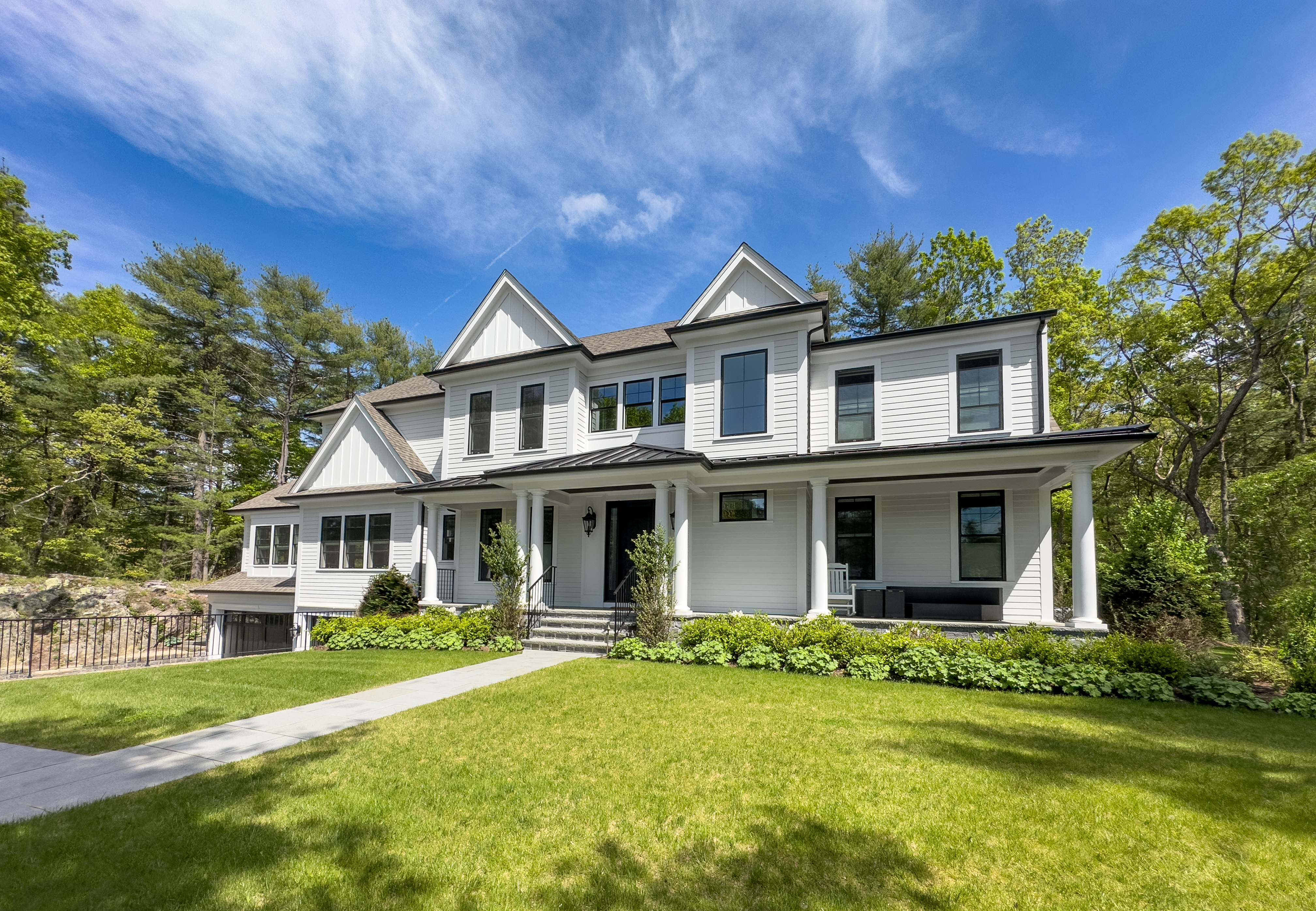
Get matched with top energy efficiency auditors in North Sioux City, SD
Enter your ZIP and get matched with up to 5 pros
Need a pro for your energy efficiency auditing project in North Sioux City, SD?
Find Energy efficiency auditors in North Sioux City
Solar Wolf Energy
Solar Wolf Energy
Solar Wolf is a full service solar company with a great reputation and an old world belief to our customers. To under-promise and over-deliver, period. We have 18 years experience in construction, remodeling, roofing, solar water heaters, solar pv systems, battery back-up systems and much more. See what Solar Wolf Energy can do for you!
Solar Wolf is a full service solar company with a great reputation and an old world belief to our customers. To under-promise and over-deliver, period. We have 18 years experience in construction, remodeling, roofing, solar water heaters, solar pv systems, battery back-up systems and much more. See what Solar Wolf Energy can do for you!

Energy Choice Center
Energy Choice Center
We provide free energy consulting services that pertain to discounted natural gas and electricity supply services through local utility companies.
We provide free energy consulting services that pertain to discounted natural gas and electricity supply services through local utility companies.

USA Alarm Service, Inc
USA Alarm Service, Inc
USA Alarm is a national company that has more than two decades of experience and an award winning command center that protects more than 700,000 homes and businesses through the United States, 24 hours a day and 7 days a week. We have offices located throughout the US, with two main offices in Indianapolis, Indiana and Post Falls, Idaho.
USA Alarm is a national company that has more than two decades of experience and an award winning command center that protects more than 700,000 homes and businesses through the United States, 24 hours a day and 7 days a week. We have offices located throughout the US, with two main offices in Indianapolis, Indiana and Post Falls, Idaho.
The North Sioux City, SD homeowners’ guide to energy efficiency auditing services
From average costs to expert advice, get all the answers you need to get your job done.
 •
•Discover the average home energy audit cost, what impacts pricing, and how to save money on your audit. Get transparent, expert-backed cost info for homeowners.

A home energy audit is a detailed write-up of how to lower your utility bills and increase your comfort level. Find out if they’re worth the cost.
 •
•Get a detailed breakdown of thermal imaging home inspection costs, including average prices, cost factors, and tips to help homeowners budget.

Home energy audits can identify ways to make your home more energy-efficient. Learn whether an energy audit is a good investment for your home.
- Dakota Dunes, SD Energy efficiency auditors
- Jefferson, SD Energy efficiency auditors
- Sioux City, IA Energy efficiency auditors
- South Sioux City, NE Energy efficiency auditors
- Burbank, SD Energy efficiency auditors
- Dakota City, NE Energy efficiency auditors
- Sergeant Bluff, IA Energy efficiency auditors
- Ponca, NE Energy efficiency auditors
- Hinton, IA Energy efficiency auditors
- Homer, NE Energy efficiency auditors
- Lawton, IA Energy efficiency auditors
- Merrill, IA Energy efficiency auditors
- Winnebago, NE Energy efficiency auditors
- Elk Point, SD Energy efficiency auditors
- Akron, IA Energy efficiency auditors
- Moville, IA Energy efficiency auditors
- Kingsley, IA Energy efficiency auditors
- Le Mars, IA Energy efficiency auditors
- Sloan, IA Energy efficiency auditors
- Wakefield, NE Energy efficiency auditors
- Vermillion, SD Energy efficiency auditors
- Pender, NE Energy efficiency auditors
- Laurel, NE Energy efficiency auditors
- Ireton, IA Energy efficiency auditors
- Hawarden, IA Energy efficiency auditors
- Wayne, NE Energy efficiency auditors
- Anthon, IA Energy efficiency auditors
- Remsen, IA Energy efficiency auditors
- Alcester, SD Energy efficiency auditors
- Coleridge, NE Energy efficiency auditors